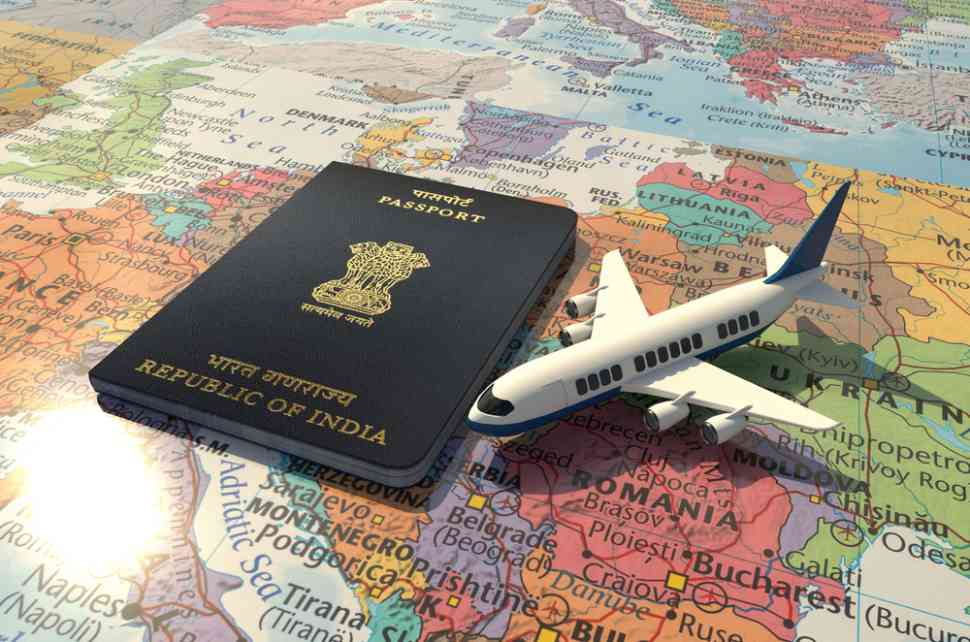Indian Rules And Regulations For Ex-Pats And Long-Term Stays

The pandemic saw a spike in demand for digital infrastructure and services worldwide. This led to a surge in acquisitions in the Information and Communications technology industry. This gave a massive boost to Foreign Direct Investment in India. Many foreign workers have shifted to India to work in the Indian offices of their employers. To stay long-term in India without any hassles, it is crucial to acquire a legal working status. Below are some of the rules and regulations for ex-pats and long-term stays.
The Backdrop
Foreigners of non-Indian origin must obtain a long-term visa to legally stay in India for more than 180 days at a stretch. The types of visas you can acquire are Business, Employment, and Student visas.
Registering yourself
To obtain these visas, you must register as a foreigner within 14 days of arriving in India. Keep in mind that you may incur a fine for registering late. And you won’t be allowed to leave India until you have completed the registration. Once the registration process is finished, you will receive a Certificate of Registration that you can use to obtain a Residence Permit.
Foreign Regional Registration Offices (FRR) are in the big Indian cities of Amritsar, Bengaluru, Chennai, Delhi, Hyderabad, Kolkata, and Mumbai. If you are in an area that is not covered by an FRRO, you can complete your registration at the District Superintendents of Police. Once a magistrate officer, police, or registration officer requests the certificate of registration, you must produce the same within 24 hours.
List of Documents for Registering
The list of standard documents is as follows:
-
- Passport with a valid visa
- Three copies of the photo page and the valid visa of the passport
- Four passport-size photos
- Details of proof of residence along with three copies of proof of residence (rent agreement or utility bill with a letter from the landlord)
- A Registration Fee of ₹100
Some more documents required vary depending on the visa that you’re applying for. The documents required for the Business visa are:
-
- Three copies of the undertaking letter from one of the company directors. The letter should have the company letterhead and be signed and stamped by the appropriate authority.
- Papers proving that the business is legitimate.
- Permission papers from the Reserve Bank of India (RBI.)
- If you represent a joint venture, you must submit approval papers from the Government of India.
- Three copies of the Permanent Account Number (PAN) card. If you have not received the PAN card but have applied for it, you can submit three copies of the applications submitted for the PAN card.
The documents required for the Employment visa
-
- Three copies of the registration form
- Three copies of the contract of your employment from your employer. This includes details such as the terms and conditions of employment, your designation, salary, etc.
- Three copies of the undertaking letter from the company. This should have the company letterhead and must be signed and stamped by the appropriate authority.
- If you have lived in India for over a year, you must also submit a copy of Form 16/Income Tax papers.
- Three copies of the PAN card. If you have not received the PAN card but have applied for it, you can submit three copies of the applications submitted for the PAN card.
For a Student Visa, you must only produce an authentic and original certificate from the educational institute.
Other conditions
You must inform the Foreign Registration Office if:
-
- You are going to be away from the registered address for eight weeks or more
- There is a change in the registered address
- You depart India. You must inform the Office before leaving.
Extending the visa
You must apply for a visa extension well before your current visa expires. All cases are reviewed on an individual basis.
Have you read?
Greatness: What Is It? What Does it Take to Achieve It by Leo Bottary.
Corporate tourism in NYC by a charter bus.
The highest-paid tech CEOs in the United States.
How to Use PR to Grow Your Business by Adrienne Wojtaszek.
The Three Most Important Qualities for Effective CEOs and All Leaders by Rabbi Daniel Cohen.
Bring the best of the CEOWORLD magazine's global journalism to audiences in the United States and around the world. - Add CEOWORLD magazine to your Google News feed.
Follow CEOWORLD magazine headlines on: Google News, LinkedIn, Twitter, and Facebook.
Copyright 2025 The CEOWORLD magazine. All rights reserved. This material (and any extract from it) must not be copied, redistributed or placed on any website, without CEOWORLD magazine' prior written consent. For media queries, please contact: info@ceoworld.biz








